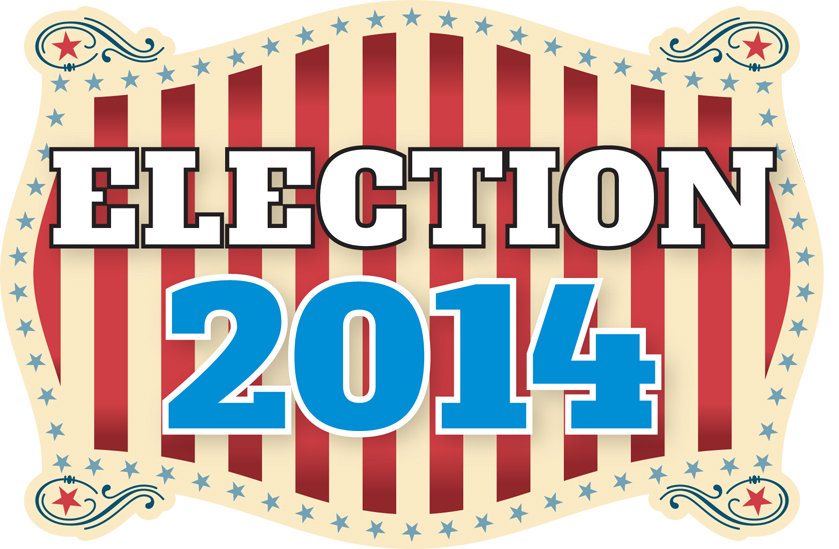With Eye on '16, Parties Look to Influence SoS Races in '14

[Image courtesy of theexaminer]
At my local stores, last week marked an almost magical transformation – at least in the candy aisles – as the red, white and pink of Valentine’s Day was replaced seemingly overnight by the multi-colored pastels of Easter.
I had the same feeling as I read the recent story in USAToday about the parties’ efforts to elect Secretaries of State in 2014. The emergence of that piece – and others like it – signal that the focus in the political side of our world has shifted from the look-back at 2012 and is now firmly on this fall’s election and 2016.
Still, I found the piece to be fascinating – as much for the peek at the thinking of the parties as the substance of the races themselves. Here are a few longish excerpts:
Thirty-nine states elect their secretary of State, and because the job includes overseeing the administration of elections, Republican and Democratic PACs have emerged to fight for control of the position. In addition to iVote, a second Democratic PAC called SOS for Democracy and a Republican group named SOS for SOS have also begun raising money for secretary of State races in November.
The election-year focus on secretaries of State results from the flood of outside political spending that began in earnest in 2012 and is now flowing to races further down the ballot. It also grows out of a wave of controversial GOP-led voter identification legislation, challenged in court by Democratic groups arguing that they are intended to disenfranchise poor and minority voters.
The PACs’ effort also is part of a growing political belief that no detail is too small to be ignored in gaining an edge on an opponent. If that means trying to elect your candidate as Ohio secretary of State so that he or she can set early voting hours in Cuyahoga County, that is worth the effort. [emphasis added]
“It is the long game. And it’s really important. These are the kind of things that we need to do instead of sitting back and playing defense,” says Jeremy Bird, former field director for the 2012 Obama campaign and now one of the organizers of iVote.
On feature of the upcoming campaigns is that Republicans will be defending or seeking to hold onto the majority of SoS offices:
Republicans control 25 of the 39 elected secretaries of State, but the top targets for both parties are in presidential battleground states. There are open seats in Iowa, Colorado and Nevada, where incumbent secretaries are running for higher office…
Republicans, who have pushed strict voter identification laws in a dozen stateswant to continue pressing for what they call “free and fair” elections, says SOS for SOS organizer Gregg Phillips, former director of a PAC supporting 2012 GOP presidential candidate Newt Gingrich. Republican grassroots activists feel “a general frustration that their votes are being nullified by non-citizens or felons or people that shouldn’t be voting,” Phillips says.
The Republican State Leadership Committee, which spends party money on state elections, has a specific fundraising committee for secretary of State races. “Who the secretary of State is matters when the votes are counted, making sure you have integrity in the process,” says Georgia Secretary of State Brian Kemp, who is head of the Republican group.
What we don’t yet know is whether this spending will make a difference – or if the parties are just spending the cash because they can (or they’re afraid the other party will spend more):
Whether they win their elections or not, PACs spending on Secretary of State races will likely have at least one effect: making previously cheap political races into expensive ones.
“This is an example of the parties trying to cover themselves in every respect whether it makes a difference or not,” says Nate Persily, a Stanford Law School professor. “They are spending money because they’re spending money on everything, and Secretary of State races are just emblematic of both the aggressiveness in the way parties are raising money, and their heartfelt belief they want to ward off any possible advantage the other party could get in an election dispute.”
In short, while the jury’s out on whether these campaigns will generate any change, they are certain to generate lots of news. Stay tuned.
